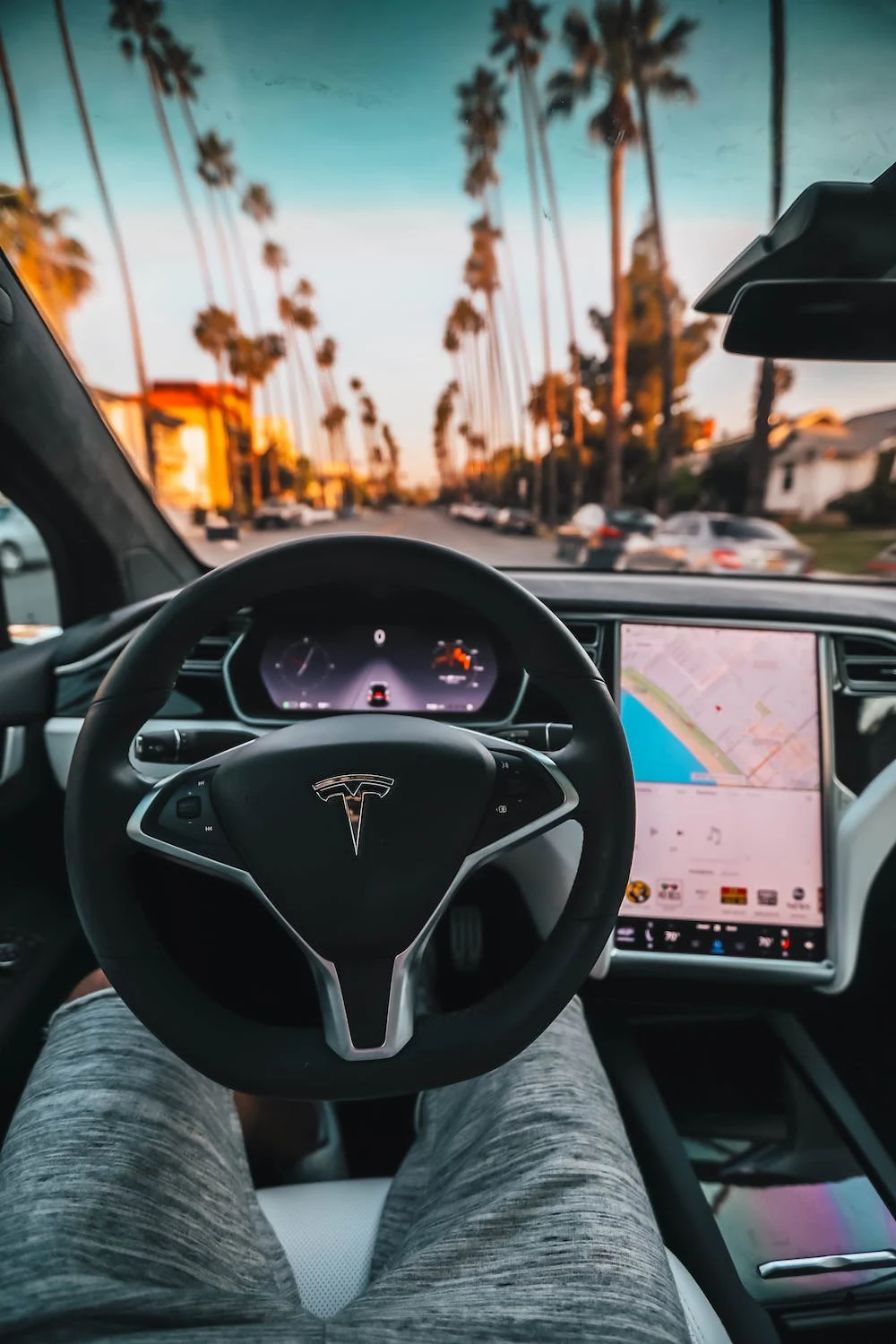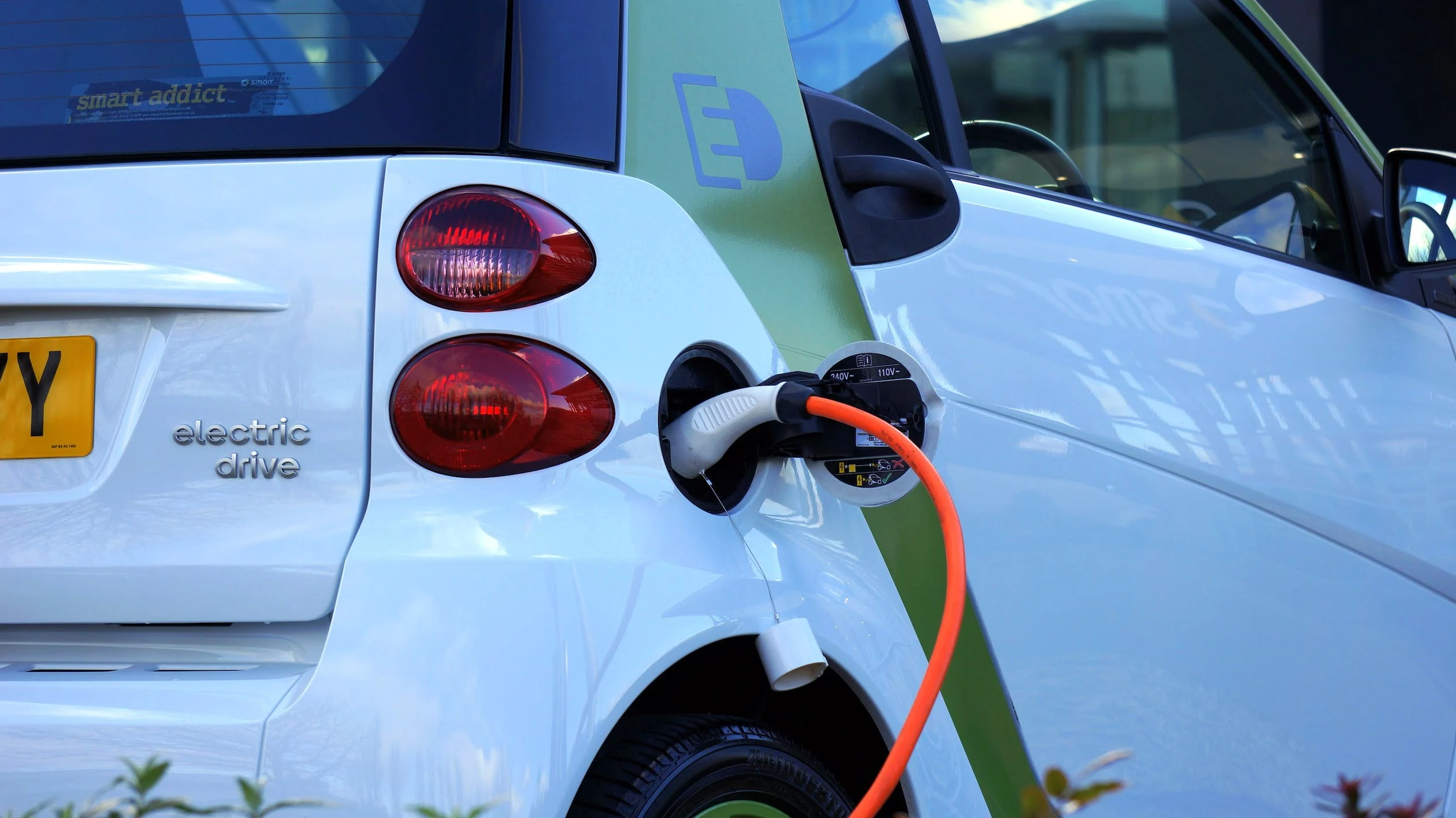Electric cars are rapidly becoming more popular as people are becoming increasingly aware of the impact that traditional gas-powered vehicles have on the environment. Not only do electric cars produce significantly less carbon emissions, but they also offer a number of other benefits that make them a smart choice for individuals and businesses alike.
One of the biggest advantages of electric cars is their reduced impact on air quality. Traditional vehicles emit harmful pollutants like carbon monoxide, nitrogen oxide, and particulate matter, which can lead to respiratory problems and other health issues. Electric cars, on the other hand, produce zero emissions, meaning they don't contribute to poor air quality.
Another major benefit of electric cars is their efficiency. Electric cars are much more energy-efficient than traditional gas-powered vehicles, meaning they can travel further on a single charge. This makes them a great option for people who commute long distances or who want to take longer road trips without having to constantly stop and refuel.
Perhaps one of the most compelling reasons to switch to an electric car is the potential for cost savings. While electric cars can be more expensive upfront, they are typically much cheaper to maintain and operate than traditional vehicles. This is because electric cars require less maintenance, have lower fuel costs, and may be eligible for tax credits and other incentives.
Overall, electric cars represent a promising step forward in the fight against climate change and other environmental issues. By choosing to drive an electric car, individuals can reduce their carbon footprint and contribute to a more sustainable future for us all.
As mentioned earlier, electric cars offer numerous benefits over traditional gas-powered vehicles. One of the biggest advantages is their environmental impact. By reducing the amount of carbon emissions released into the atmosphere, electric cars help to mitigate the effects of climate change and improve air quality.
In addition to the environmental benefits, electric cars are also more efficient than gas-powered cars. Unlike traditional vehicles that require frequent trips to the gas station, electric cars can be charged at home, at work, or at public charging stations. This convenience allows drivers to save time and money on fuel, and also helps to reduce our dependence on fossil fuels.
Furthermore, electric cars are often quieter and smoother to drive than traditional vehicles, providing a more comfortable ride for passengers. Additionally, electric cars offer improved acceleration and instant torque, making them fun to drive and providing a more engaging driving experience.
Another benefit of electric cars is their reduced maintenance requirements. Unlike traditional vehicles, electric cars have fewer moving parts, meaning they require less maintenance and have a lower risk of mechanical failure. This can lead to significant cost savings over time.
Finally, electric cars are becoming increasingly accessible and affordable. As more automakers begin to produce electric cars, the market is becoming more competitive, leading to lower prices and better technology. Additionally, governments around the world are offering tax incentives and other financial benefits to encourage the adoption of electric cars.
Overall, electric cars represent a significant step forward in the effort to reduce our impact on the environment and improve our quality of life. By investing in electric cars and supporting the development of charging infrastructure, we can build a cleaner, more sustainable future for generations to come.




